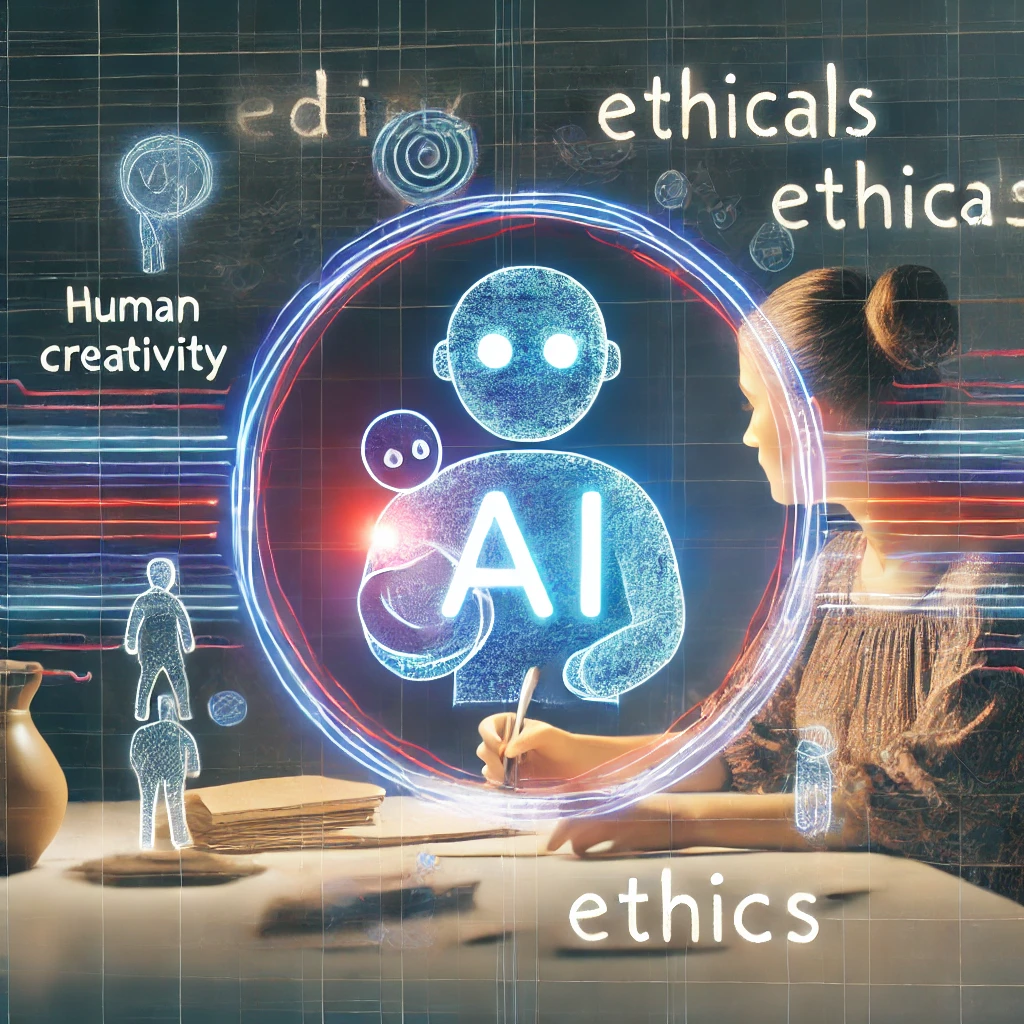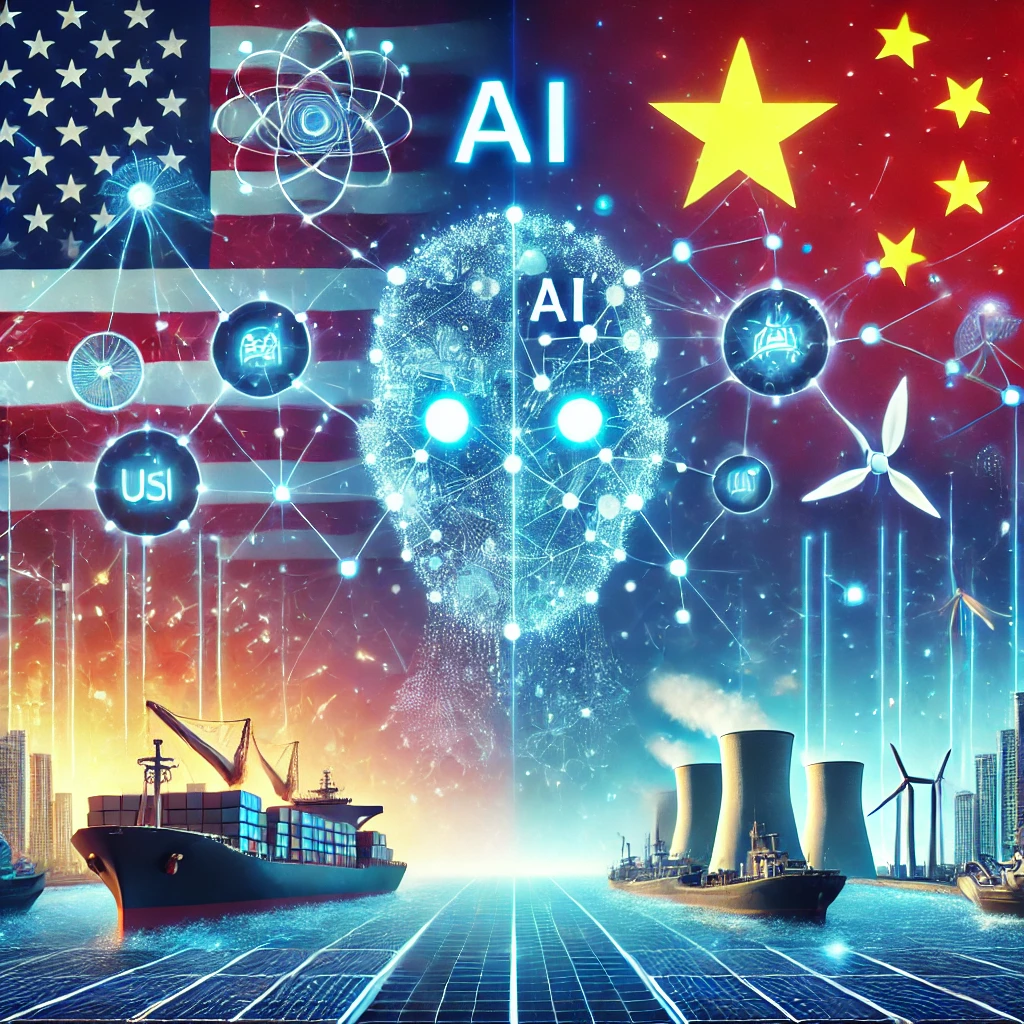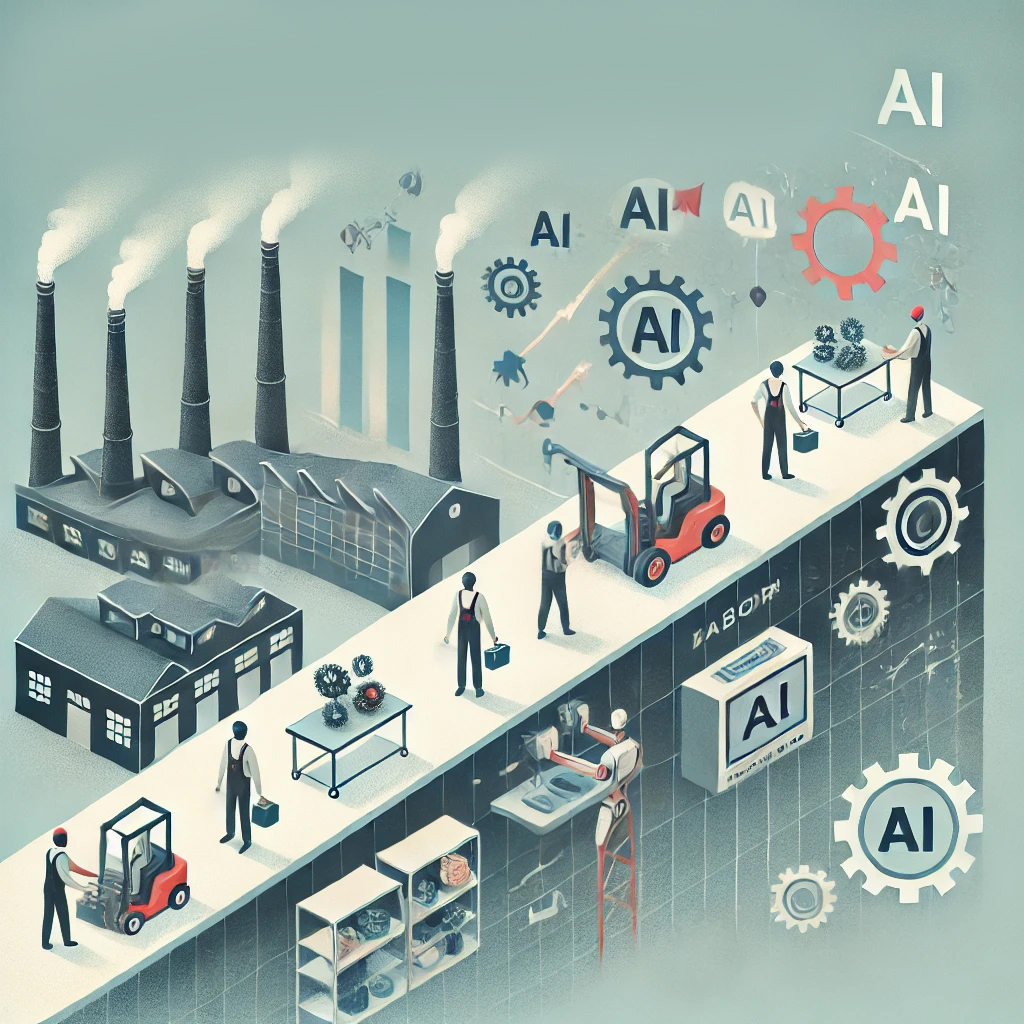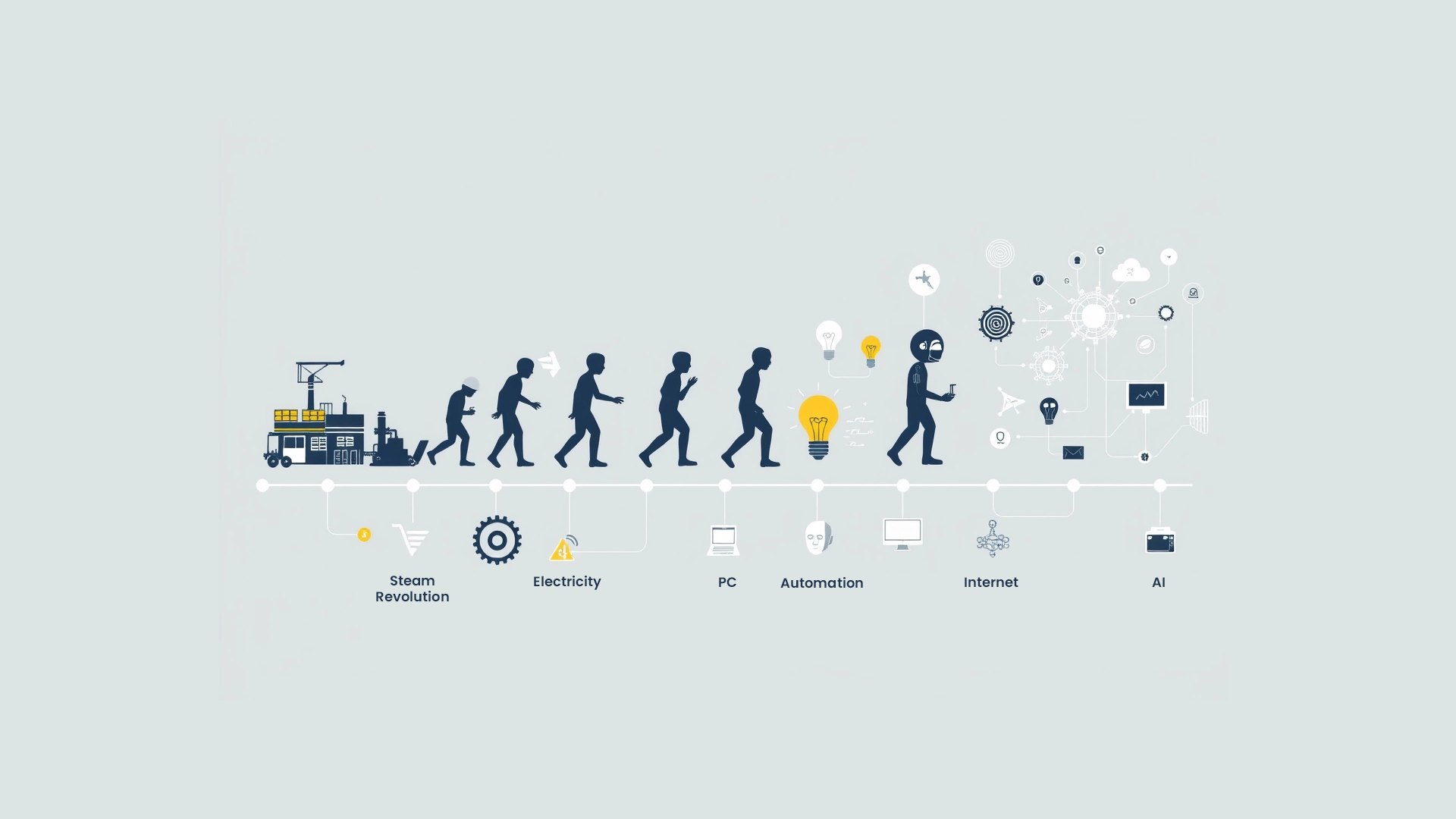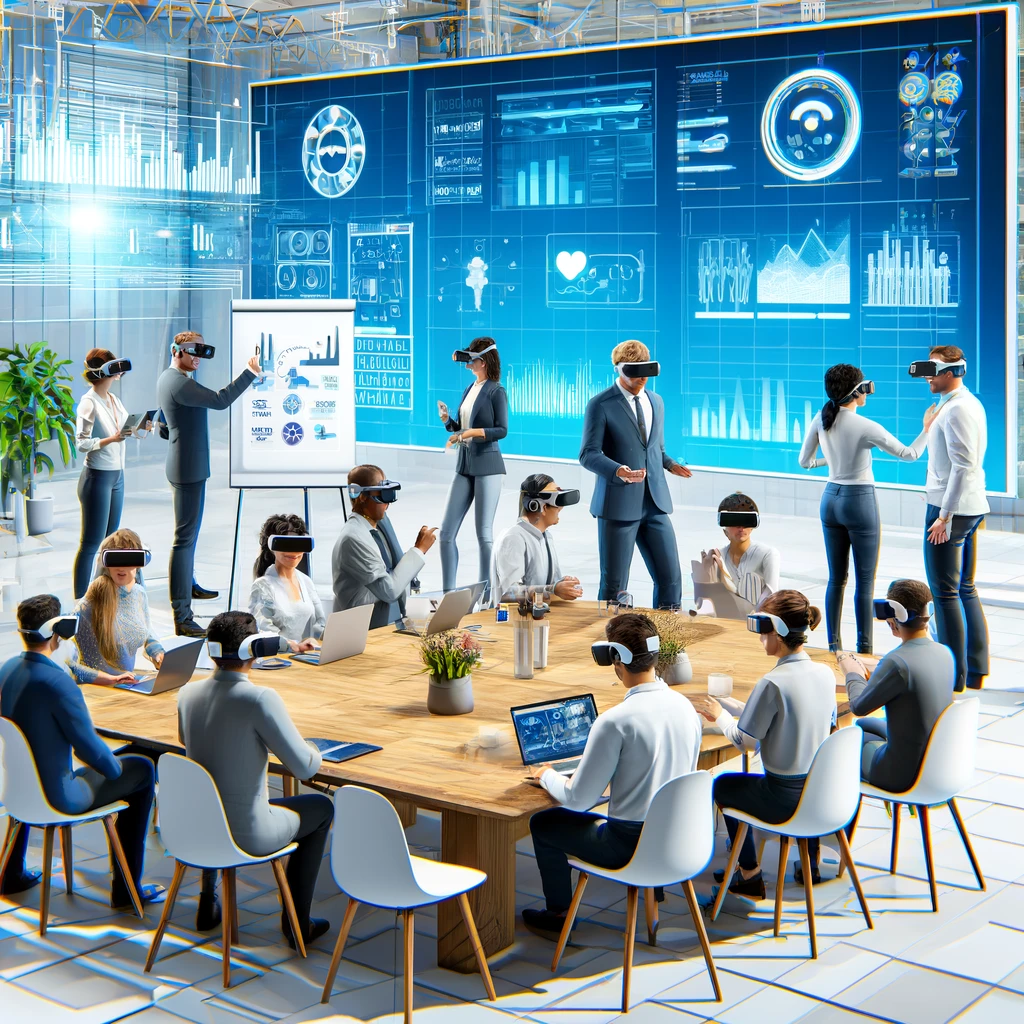Artificial Intelligence and Co-Intelligence
Artificial Intelligence and Co-Intelligence: The Collaborative Intelligence of the Future
Artificial intelligence (AI) is considered one of the most significant technological breakthroughs of the 21st century. Enhancing machines’ learning abilities and enabling them to exhibit human-like thinking processes is revolutionizing many industries. However, the question arises whether AI systems alone are sufficient. Is it possible to create a stronger system by combining human intelligence with AI? The answer to this question lies in the concept of “co-intelligence”—collaborative intelligence or collective intelligence. In this article, we will explore the concepts of AI and co-intelligence and examine the opportunities this collaborative intelligence offers for the future.
What is Co-Intelligence?
Co-intelligence is a concept aimed at fostering a symbiotic relationship between human intelligence and technological intelligence. This approach enables individuals and groups to collaborate in learning, problem-solving, and enhancing creativity. Co-intelligence seeks to strengthen not only individual but also collective intelligence. It envisions a future where humans and AI work together to achieve greater and more effective outcomes.
AI excels in areas such as data processing, analysis, and decision-making, but it may lack in creative, ethical, and emotional aspects. Co-intelligence creates a balanced and efficient structure by combining the strengths of both types of intelligence.
Mesai: An Example of Co-Intelligence
Mesai is a concrete example of the co-intelligence concept in action, functioning as an AI meeting assistant. Mesai records and transcribes meetings, while also analyzing key information from the meetings and providing users with ready-made reports and action items. Traditionally, these tasks required long hours and significant effort from humans, but with AI, they are made quick and accessible.
Mesai not only saves time but also provides strategic support in business processes, allowing people to focus more on their creative and problem-solving aspects. This aligns with one of the core principles of co-intelligence: combining AI’s capacity for rapid data analysis and processing with human emotional intelligence and creative abilities. This collaboration leads to more effective and efficient results in the business world.
The Link Between AI and Co-Intelligence
AI development is modeled on human intelligence. However, creating a more collaborative form of intelligence by combining the strengths of AI and human intelligence is possible through co-intelligence. AI solutions like Mesai bring this collaborative intelligence to life in a tangible way. While AI performs large-scale data analyses, human intelligence brings emotional, ethical, and creative decisions into play. For instance, Mesai’s reports provide technical data from a meeting, while humans interpret this data and make strategic decisions.
Applications of Co-Intelligence
The concept of co-intelligence is applicable in various sectors and can enhance productivity. The benefits of co-intelligence are particularly evident in fields such as education, healthcare, business, and creative industries.
- Education
In education, co-intelligence can help teachers and students optimize their individual learning processes. AI can provide personalized content based on students’ learning styles, while teachers can better understand students’ emotional and social needs and guide them accordingly. This results in a more personalized learning experience and increases success rates in education.
- Healthcare Services
In the healthcare sector, co-intelligence enables more efficient and faster results in patients’ treatment processes. AI can assist doctors by analyzing large amounts of data for early diagnosis and treatment planning. However, human intelligence plays a crucial role in developing treatment methods that are more tailored to the individual characteristics and emotional states of patients. This collaboration leads to better patient outcomes and more effective healthcare services.
- Business
In the business world, co-intelligence can be used to increase productivity and create more innovative solutions. While AI plays a significant role in big data analysis and automation processes, human elements such as leadership, strategic decision-making, and creativity are key factors in the success of business processes. AI solutions like Mesai help businesses use time and resources more effectively, while human labor is redirected to more strategic tasks.
- Creative Industries
Co-intelligence also has great potential in creative industries such as art, design, and media. While AI can accelerate content creation and analytical processes, human intelligence takes over in the creative aspects. For instance, AI-assisted music production systems may inspire musicians to create different types of music, while artists can express their emotions through their works more effectively.
Benefits of Co-Intelligence
One of the greatest advantages of co-intelligence is the ability to achieve faster and more efficient results through collaboration between human and AI intelligence. This collaboration has the potential to solve complex problems that individual intelligences alone could not address. Moreover, co-intelligence allows us to use technology more effectively without disregarding the human factor.
- Creativity and Innovation
Co-intelligence has the potential to produce innovative solutions by combining human creative thinking with AI’s rapid analysis capabilities. This enables new approaches to complex problems and leads to the development of new products, services, or strategies.
- Speed and Efficiency
AI can process and analyze data much faster than humans can. This is especially valuable when working with large datasets. Humans can then interpret these analyses and use them for strategic decision-making. As a result, both speed and efficiency are improved.
- Ethics and Emotional Intelligence
AI development brings ethical questions to the forefront. Co-intelligence combines human intelligence’s ethical and emotional dimensions with technology, creating fairer and more ethical solutions. Particularly in decision-making processes, when human empathy and emotional intelligence are involved, the results tend to be more human-centered and ethical.
The Collaborative Intelligence of the Future
Co-intelligence will play an important role in the future of AI. Thanks to the complementary qualities of human and AI intelligence, it offers the potential to develop both individual and collective intelligence. The impact of co-intelligence will continue to grow across sectors, from education to healthcare, business, and creative industries.
In conclusion, co-intelligence envisions a future where human and AI intelligence collaborate. AI solutions like Mesai are paving the way for this future, accelerating business processes and personal development. By combining AI’s rapid analysis and data processing abilities with human creativity, ethics, and emotional intelligence, much more powerful and effective solutions can be created. Co-intelligence has the potential to revolutionize business, healthcare, and creative processes in the future.
Other Articles
